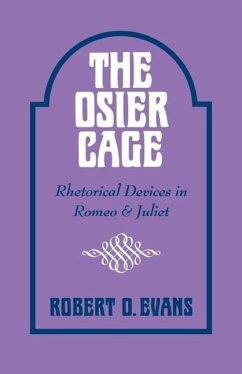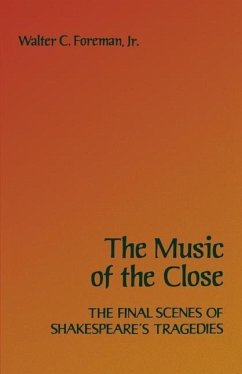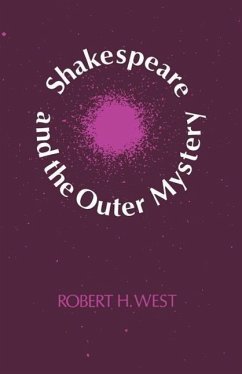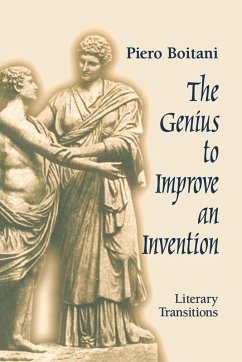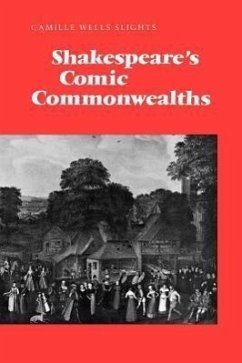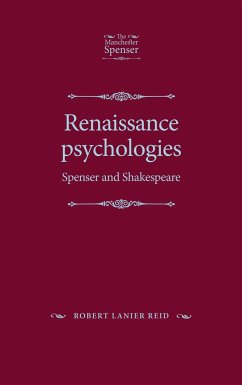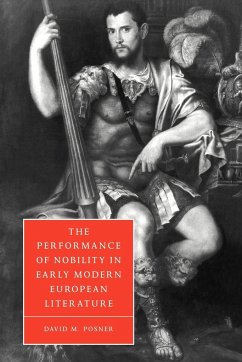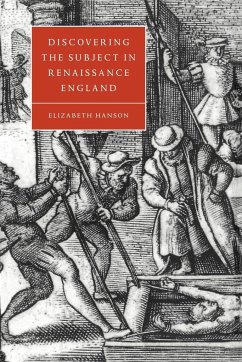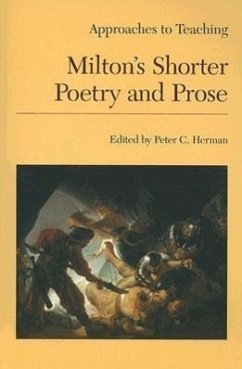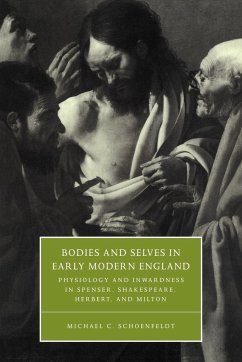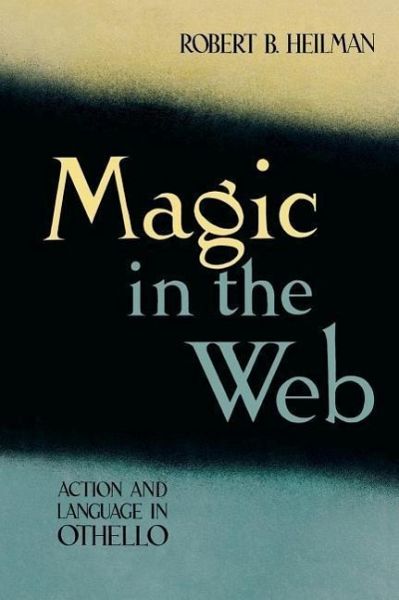
Magic in the Web
Action and Language in Othello
Versandkostenfrei!
Versandfertig in über 4 Wochen
30,99 €
inkl. MwSt.

PAYBACK Punkte
15 °P sammeln!
In his earlier work on King Lear, Mr. Heilman combined a number of critical procedures to form a new and important approach to Shakespearian criticism. His study of Othello displays the maturity of insight and skill in analysis the years have brought him in developing his critical method. Mr. Heilman takes account of stage effects; he traces out literal and symbolic meanings; he analyzes plot relationships; he examines characters in terms of both their psychological and their moral situations, a



